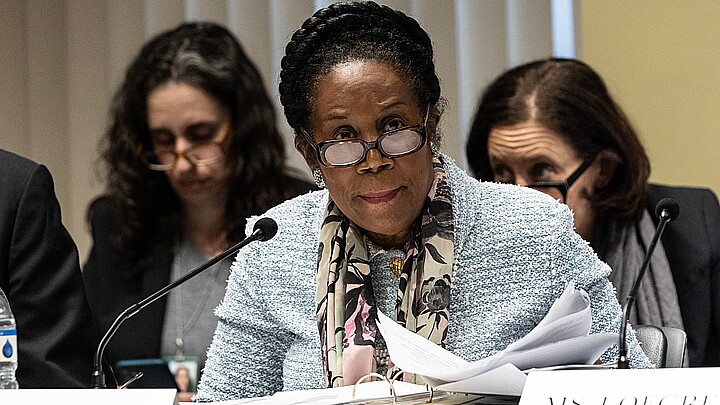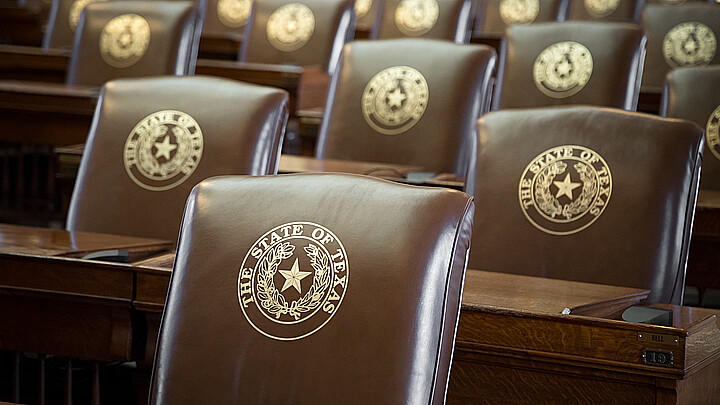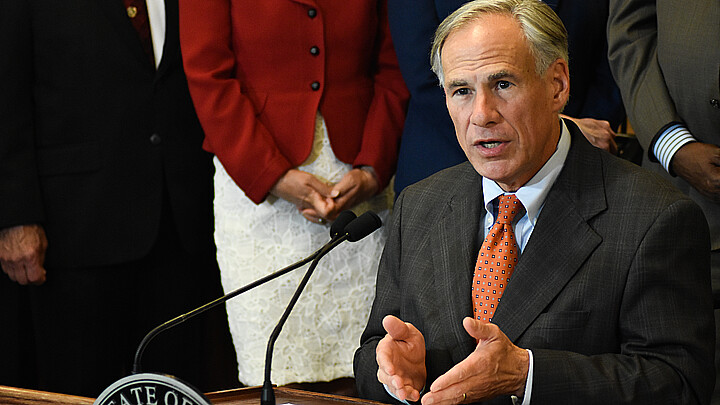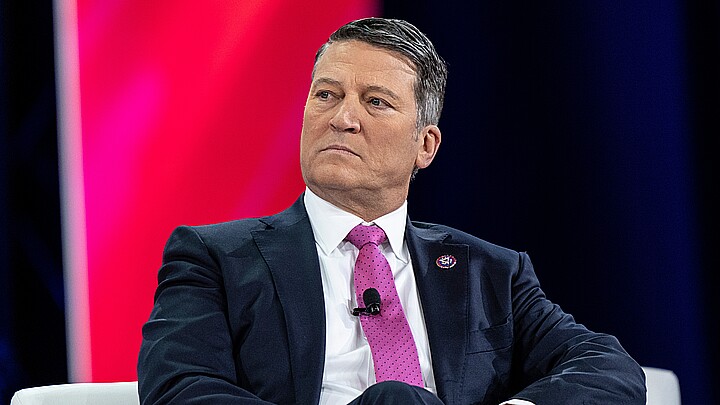Politics
Texas court upholds law prohibiting censorship of social networking sites
"We reject the notion that corporations have a free First Amendment right to censor what people say," Andrew Oldham wrote in the Fifth Circuit decision.
September 17, 2022 12:48am
Updated: September 17, 2022 2:33pm
A Supreme Court ruling in May blocked HB-20 at the request of NetChoice and the Computer and Communications Industry Association (CCIA), which represent the major technology companies Facebook, Twitter, and Google.
The May request was based on the argument that the Texas law violated the companies' First Amendment rights. However, this Friday, the Fifth Circuit Court of Appeals upheld HB-20, which prohibits social networking companies from censoring speech on the basis of a political viewpoint.
A three-judge panel of the Fifth Circuit upheld the Texas law and overturned an injunction from the Western District of Texas.
"We reject the notion that corporations have a freewheeling First Amendment right to censor what people say," Andrew Oldham, a judge appointed by President Donald Trump, wrote in the Fifth Circuit decision.
The court ruling pointed to censorship exercised by social media platforms, and refuted the claim that the law would restrict the platforms' free speech rights. The court found that the law would stop censorship conduct and protect the rights of individual users to speak freely on the platform.
Netchoice and the CCIA have argued that the First Amendment protects the ability of social media platforms to curate content, just as a newspaper does.
"We reject the Platforms' attempt to extract a free censorship right from the Constitution's free speech guarantee. The Platforms are not newspapers. Their censorship is not speech," Oldham said in the ruling.
The decision was 2-1, and the dissenting judge, George W. Bush nominee Leslie Southwick, argued that "The First Amendment protects the Platforms' interaction with what others are trying to say. We are in a new, very broad field for speakers and for those who moderate their speech. None of the precedents are a perfect fit. Most seem confident in their approach; I'm undecided."
"A Texas statute called House Bill 20 generally prohibits large social media platforms from censoring speech based on their speaker's viewpoint. The platforms urge us to hold that the statute is apparently unconstitutional and therefore cannot be applied to anyone at any time under any circumstances. In urging such sweeping relief, the platforms offer a rather bizarre inversion of the First Amendment. That Amendment, of course, protects everyone's right to 'free speech.' But the platforms argue, buried somewhere in the enumerated right of the individual to free speech, is the unenumerated right of a corporation to muzzle speech," Oldham said.
The court's ruling says the law does not regulate the speech of platforms, nor does it compel them to speak or restrict them from speaking; but what it does do is protect the speech of users and regulate the conduct of platforms when it comes to censoring that speech.
"Censorship is, at best, a form of expressive conduct for which the overbroad doctrine provides only attenuated protection," Oldham wrote.
The ruling is opposite the 11th Circuit's ruling that a similar social networking law in Florida violates the First Amendment.
The Texas law could change the way social networking works. Until now, platforms justify censorship with their rule to prevent hate speech. Critics say the platforms actually censor opinions based on an ideological bias that harms conservatives.
HB-20 would allow the state of Texas and its residents to sue social media platforms if they ban, block, remove or discriminate against their posts.
Heather Greenfied, a spokeswoman for the CCIA, said they are looking at what options they have, such as a rehearing in the 5th Circuit or an appeal to the Supreme Court.










